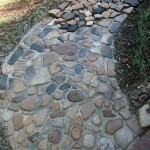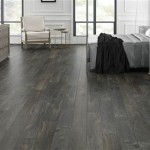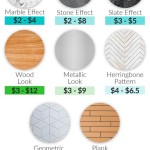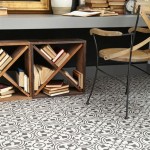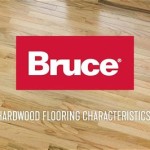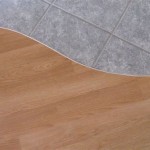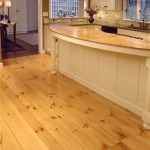Understanding VCT Flooring: A Comprehensive Guide
Vinyl composition tile (VCT) flooring is a popular choice for commercial and residential spaces alike due to its durability, versatility, and cost-effectiveness. To make an informed decision about VCT flooring, it is essential to understand its key aspects, including materials, construction, and maintenance.
Materials:
VCT is primarily composed of polyvinyl chloride (PVC), a synthetic polymer that provides durability and flexibility. It also contains fillers such as calcium carbonate or silica for strength, plasticizers for flexibility, and pigments for color.
Construction:
VCT flooring is typically constructed in three layers:
- Backing: The backing provides stability and prevents moisture penetration. It is usually made of felt, rubber, or cork.
- Core: The core is the main layer of the tile and contains the majority of the PVC, fillers, and pigments. It determines the tile's thickness and durability.
- Wear Layer: The wear layer is a thin, protective topcoat that resists abrasion and wear. It is typically treated with a urethane finish for added durability.
Performance Characteristics:
VCT flooring offers a range of performance characteristics:
- Durability: VCT is known for its exceptional durability, making it ideal for high-traffic areas.
- Water Resistance: The closed-cell structure of VCT makes it highly water-resistant, preventing water penetration.
- Slip Resistance: VCT tiles can be treated with anti-slip coatings to enhance their slip resistance.
- Versatility: VCT is available in a wide variety of colors, patterns, and textures, allowing for customization to match any decor.
Maintenance:
Maintaining VCT flooring is relatively straightforward, involving regular cleaning and occasional resurfacing:
- Cleaning: Regular cleaning with a damp mop or microfiber cloth and a neutral detergent is recommended to remove dirt and debris.
- Resurfacing: Over time, the wear layer of VCT may become worn or damaged. In such cases, it can be resurfaced with a new layer of urethane finish to restore its protective properties.
Advantages and Disadvantages:
Advantages:
- Durable and long-lasting
- Water-resistant
- Versatile in design and style
- Cost-effective
- Easy to maintain
Disadvantages:
- Can be prone to scratching and denting
- May not be as comfortable underfoot as other flooring types
- Can emit VOCs (volatile organic compounds) during installation and curing
Applications:
VCT flooring is widely used in various commercial and residential applications, including:
- Hospitals and medical facilities
- Schools and universities
- Offices and corporate buildings
- Retail stores
- Residential kitchens and bathrooms
Choosing the Right VCT Flooring:
When selecting VCT flooring, consider the following factors:
- Traffic Volume: Choose tiles with a higher wear layer thickness for areas with high foot traffic.
- Slip Resistance: Opt for tiles with anti-slip coatings for areas prone to spills or water.
- Design: Select tiles that complement the overall decor and style of the space.
- Budget: VCT flooring is generally cost-effective, but pricing can vary depending on the thickness, design, and performance characteristics.
By understanding the essential aspects of VCT flooring, you can make an informed decision about its suitability for your specific needs. Its durability, versatility, and ease of maintenance make VCT an excellent choice for a wide range of applications.

Vinyl Composite Tile Features Pros And Cons

Commercial Vinyl Flooring Lvt Vs Vct Sheet

Vinyl Composition Tile Wikipedia

What Is Vinyl Flooring The Guide L Antic Colonial

Vct Tiles Professional Floor Cleaning Methods Pg Pro
Everything You Need To Know About Vinyl Flooring Tarkett

Commercial Vinyl Flooring Lvt Vs Vct Sheet

Types Of Resilient Flooring Floor Guide Precision

Vinyl Flooring Pros And Cons Forbes Home

The Diffe Types Of Vinyl Flooring Explained
See Also
